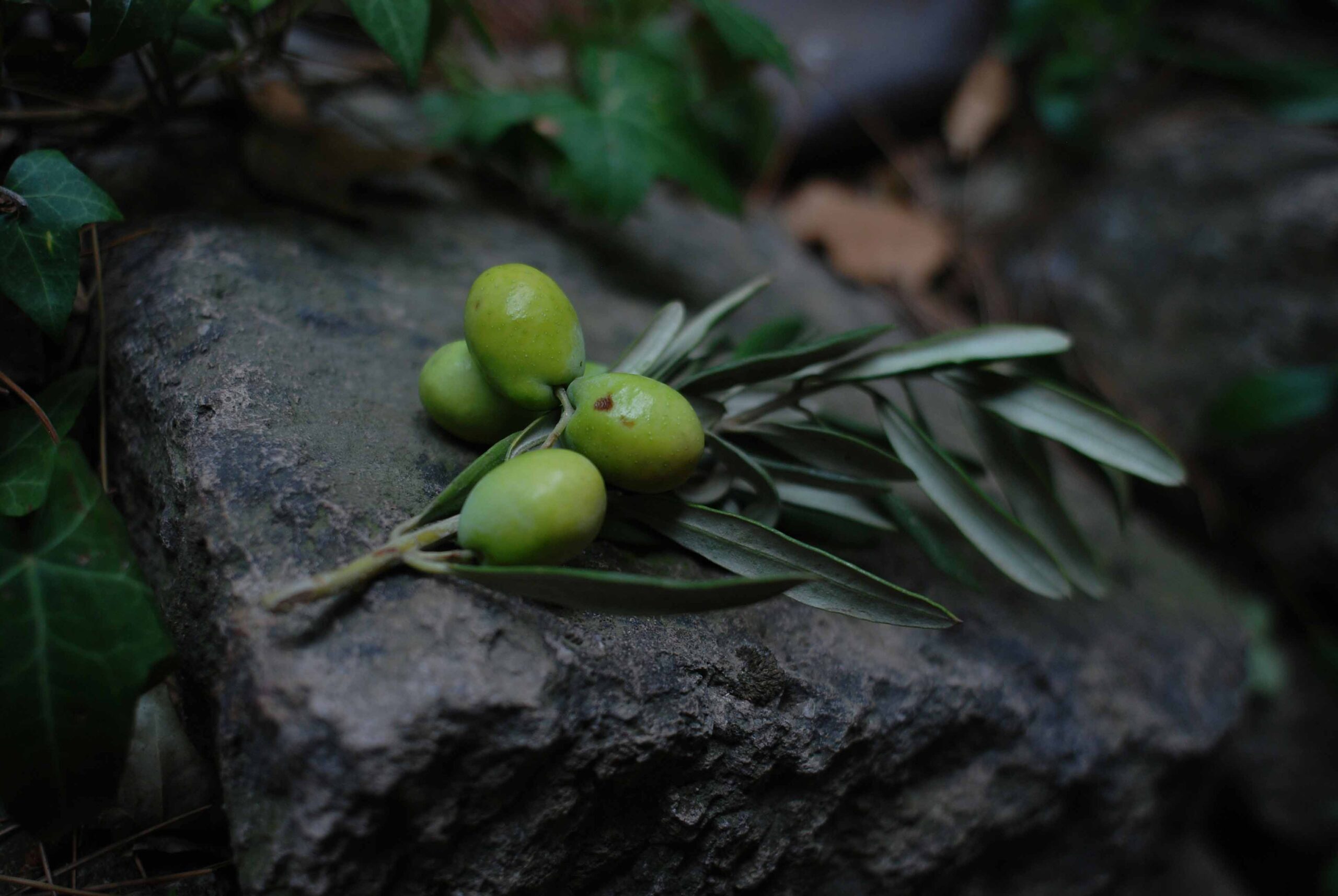Below are three narrative stories that reveal the rich and multifaceted role olive oil played in ancient Greek culture:
1. Athena’s Divine Gift and the Birth of Olive Oil
According to Greek mythology, the olive tree was not merely a source of sustenance but a divine gift. Legend tells of a contest between Athena, the goddess of wisdom, and Poseidon, the god of the sea, over the patronage of the city of Attica. While Poseidon struck the ground with his trident and produced a saltwater spring, Athena instead offered an olive tree—a symbol of peace, prosperity, and the promise of a bountiful harvest. This act was celebrated as the foundation of Greek agriculture and the origin of olive oil, which came to be regarded as a sacred and life-sustaining elixir. The olive tree’s enduring legacy is evident in its continued association with wisdom and well-being in Greek culture.
2. The Olympian Anointing: Olive Oil and Athletic Triumph
In the world of ancient Greek athletics, olive oil was far more than a food ingredient—it was a ritual element integral to both preparation and celebration. Before contests in the gymnasia and during the Olympic Games, athletes would anoint their bodies with olive oil. This practice served a dual purpose: it helped protect the skin and muscles from the harsh sun and the rigors of physical exertion, and it also symbolized purification and renewal. Victors of athletic competitions were often crowned with olive wreaths—a gesture that celebrated their prowess and linked them with the divine favor of the gods. Such practices underscored the importance of olive oil in reinforcing the Greek ideals of excellence, honor, and the harmonious blend of physical and spiritual strength.
3. Sacred Rituals and Daily Life: Olive Oil’s Spiritual and Practical Roles
Olive oil pervaded ancient Greek daily life in ways that transcended the mundane. It lit the lamps of temples and homes alike, symbolizing both physical light and the divine presence. In religious ceremonies, it was used to anoint statues, altars, and even the faithful, marking transitions from the profane to the sacred. Beyond its ceremonial applications, olive oil played a crucial role in personal grooming and medicine. Citizens used it to massage their skin, cleanse their bodies after exercise, and even as a remedy for minor ailments. This blend of utility and spirituality made olive oil a central commodity in Greek society—one that nourished the body, uplifted the spirit, and connected everyday life to the realm of the gods.
Each of these stories illustrates a different facet of how the ancient Greeks cherished olive oil: as a divine gift that transformed agriculture, as a secret to athletic and personal excellence, and as a sacred substance woven into the fabric of daily and ritual life.













